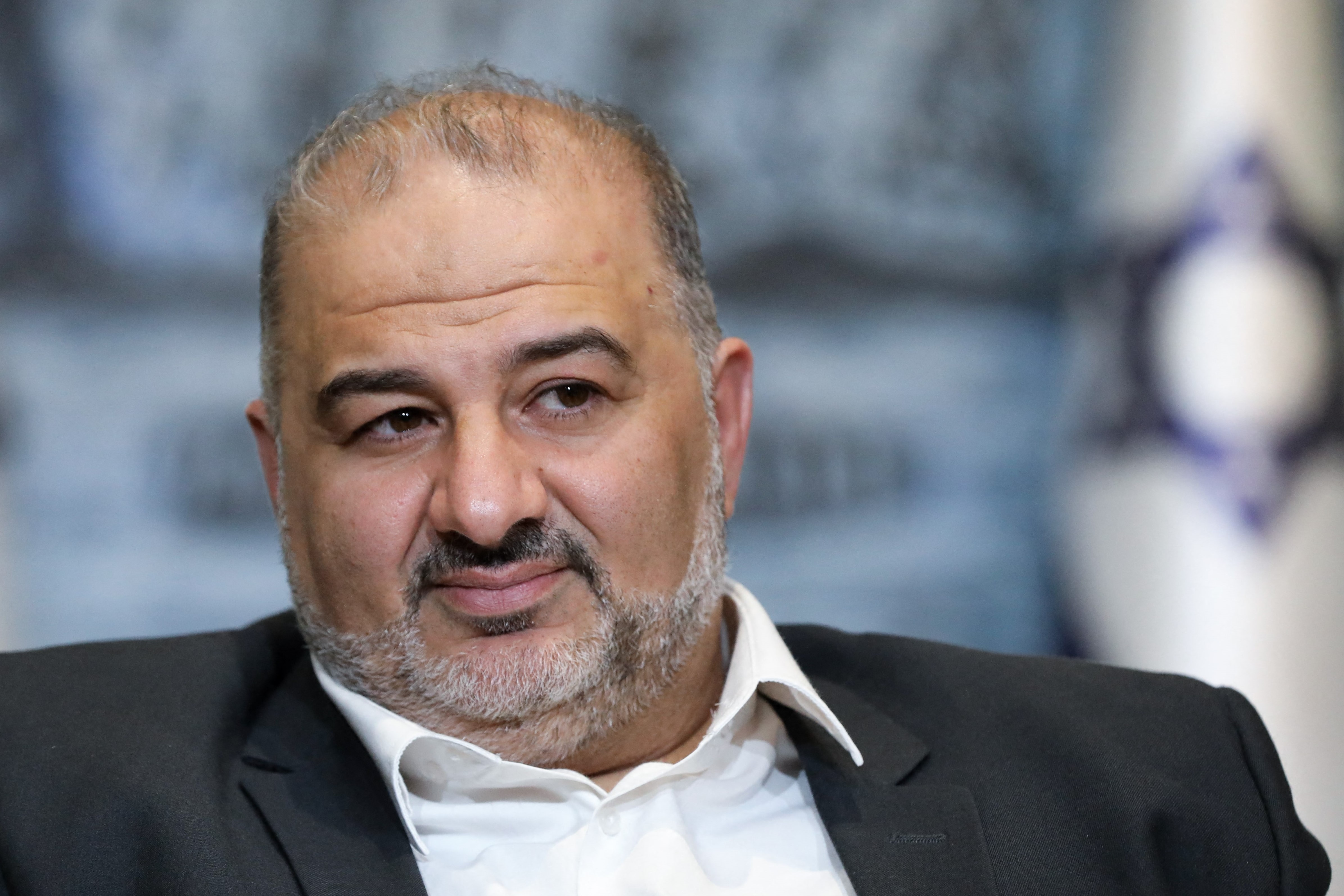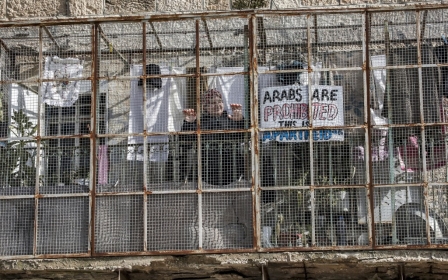The 'good Arab': An Israeli invention to control Palestinians

Since its inception, the Israeli establishment has worked persistently to marginalise and oppress Palestinians in the country, and to persecute anyone who attempts to resist the Zionist entity. Palestinians have faced unprecedented surveillance and control over their movements, with checkpoints erected across the country and various pretexts employed to justify Israel’s repression.
Declaring Israel from the outset to be a “national home for the Jewish people”, the Zionist movement disregarded the tens of thousands of Palestinians who remained within the country’s borders after the Nakba, when 750,000 Palestinians were forcibly displaced. The goal was to create a mono-national entity, without concern for the existence of other groups.
Some currents within Palestinian society count on the generosity of the Israeli establishment and accept the conditions it sets, in hopes of gaining a few meagre crumbs
This racist, oppressive reality was accompanied by Israeli attempts to burnish the country’s international image. This was done in part by creating and developing the notion of the "good Arab", who was absorbed into Israeli institutions such as the Knesset and spoke about the establishment in Israel’s preferred terms.
The “good Arabs” spread the concept among the masses that it was necessary to assimilate and obey Israeli orders; that the Israeli establishment was not a military system that usurped the country and forcibly displaced its people, but rather a democracy accepting of all - the only democracy in the region.
Stay informed with MEE's newsletters
Sign up to get the latest alerts, insights and analysis, starting with Turkey Unpacked
These “good Arabs”, however, remained a minority due to the national consciousness among Palestinian citizens of Israel, who preferred to keep the status quo rather than improve their situation according to the conditions of the establishment. This consciousness was strengthened by certain events in history that are carved into the hearts of all Palestinians, strengthening their connection to their land: from Land Day in 1976, to the First and Second Intifadas, among other developments.
Injustice and tyranny
Since the 1948 Nakba, national movements and political parties have worked to organise the struggle against Israeli oppression, displacement, land confiscation, persecution, torture and imprisonment. Many politically conscious youths have demonstrated against the injustice and tyranny practiced by Israeli authorities and their agents.
And yet, the Israeli establishment has never stopped attempting to define and redefine Palestinian citizens. In 2018, it enacted the nation-state law, defining Israel as a state for Jews. All of those falling outside of this definition were portrayed as little more than subjects whose feelings the state would try to take into account; not first-class citizens with full rights, but truly second-class citizens.
In the meantime, Israel has continued its policies of persecution and oppression, land confiscation, exclusion of Palestinians from employment, and home demolitions, among other practices. In parallel, some currents within Palestinian society count on the generosity of the Israeli establishment and accept the conditions it sets, in hopes of gaining a few meagre crumbs.
Such currents are a direct or indirect extension of the “good Arab” concept, created by the establishment to mislead and sow internal discord among the people.
Inside the 1948 territories, the Palestinian national movement is politically divided and suffering from deep ideological rifts. Some participate in Knesset elections, while others boycott them.
Relatively insignificant disagreements can be used as a pretext for some to break ranks and adopt the “good Arab” narrative, in hopes of obtaining a better life. Such hopes dissipate quickly, however, so the Israeli establishment must always move fast to create new “good Arabs”.
Suppressing Palestinian rights
Indeed, the establishment is determined to maintain the "good Arab" as a means of suppressing Palestinian demands for rights and full equality. The establishment’s agents are many, and as such, national movements must confront these projects with unity, placing Palestinians and their land rights above any other considerations.
Palestinian society in the 1948 territories is complex, with different sects and currents that make it easier for the Israeli establishment to sow discord, whether religious or social. It succeeds in many cases, with influential social and political figures often intervening to end rifts - but those working for their own interests continue to create problems.
The only way to confront the Israeli establishment and its attempts to distort Palestinian identity is through unity. Palestinians must corner the system and force it to deal with them as indigenous people entitled to their full rights, without restrictions or preconditions.
The views expressed in this article belong to the author and do not necessarily reflect the editorial policy of Middle East Eye.
Middle East Eye delivers independent and unrivalled coverage and analysis of the Middle East, North Africa and beyond. To learn more about republishing this content and the associated fees, please fill out this form. More about MEE can be found here.







